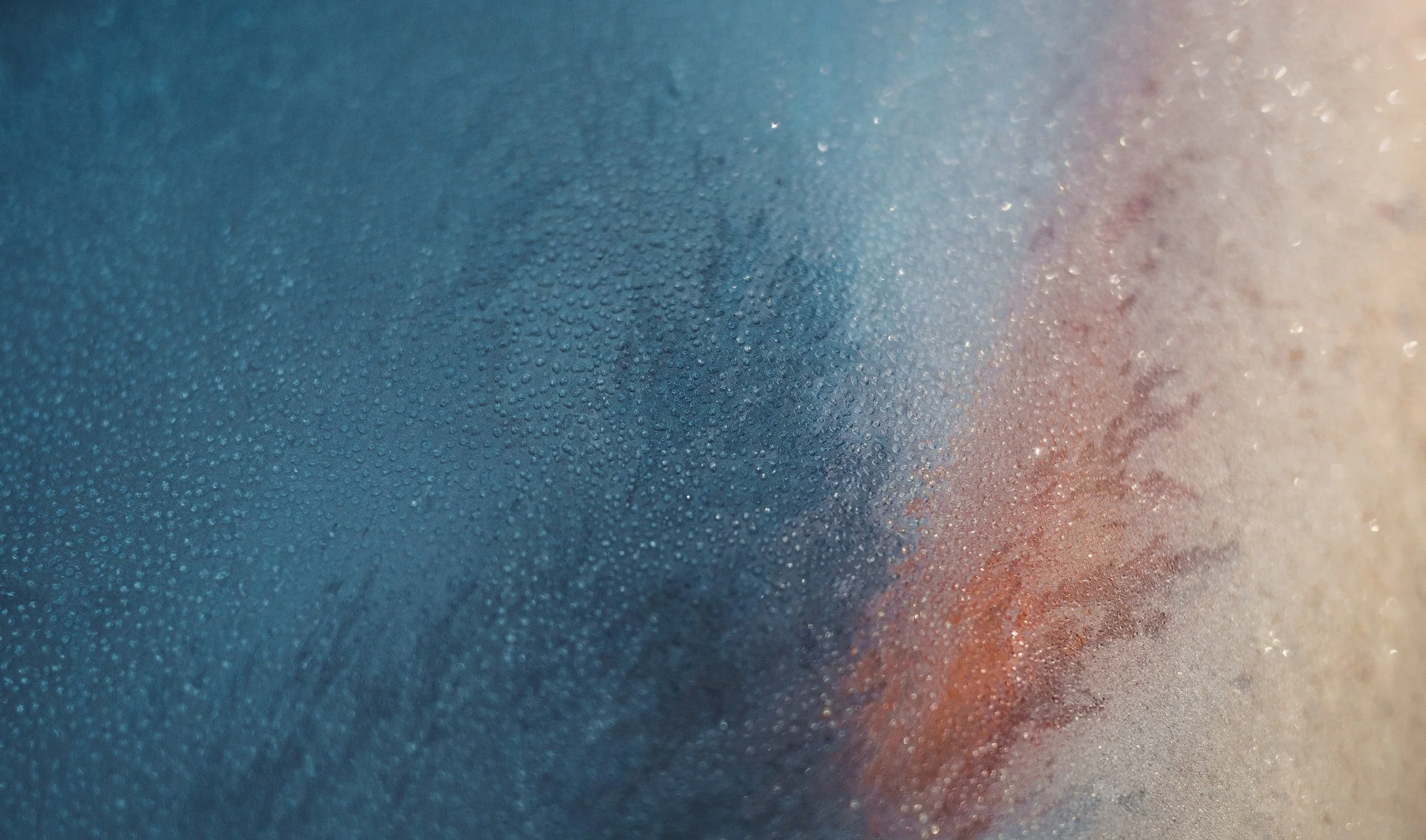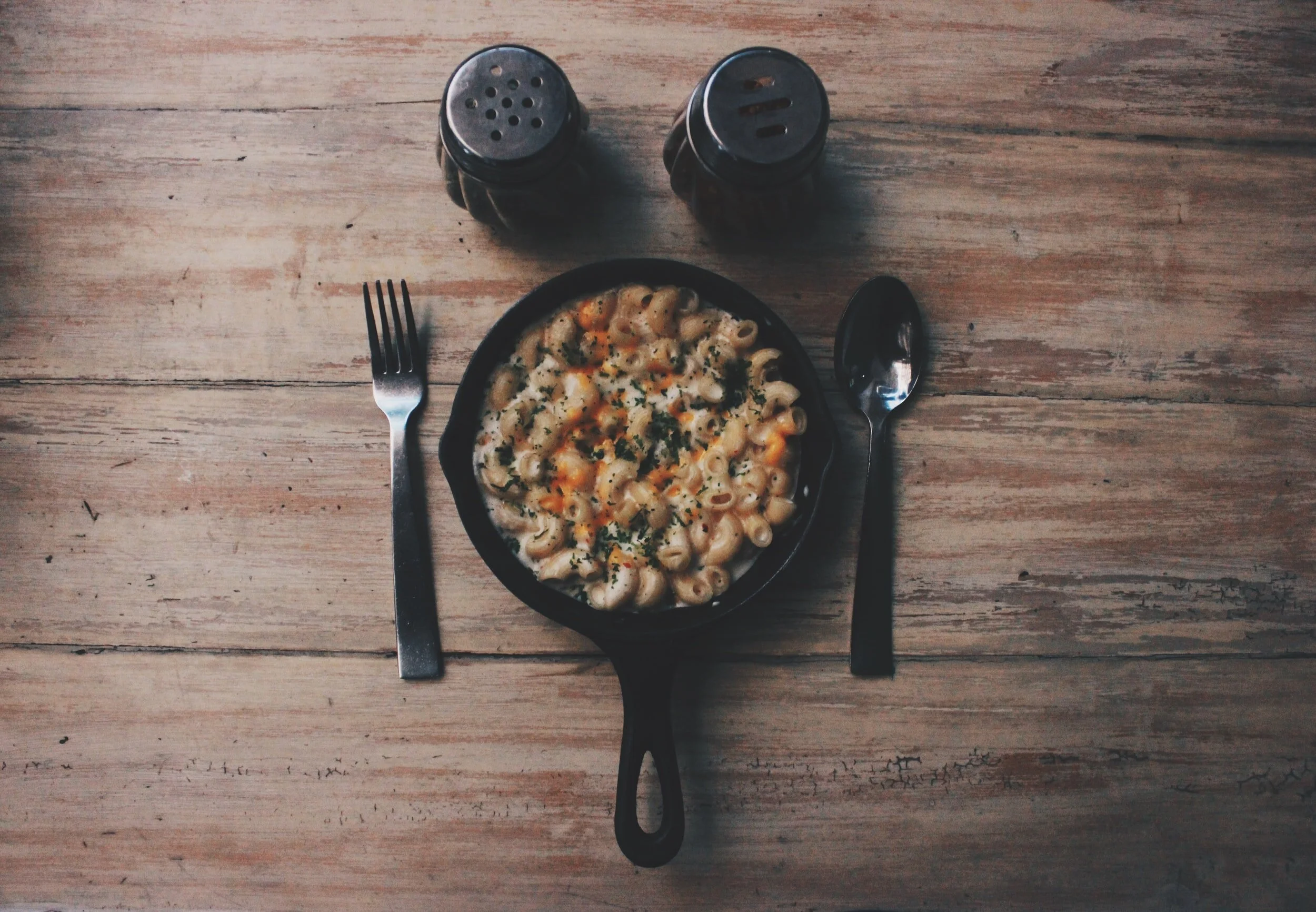Angelay's Soap
I met my grandmother Angelay but I didn’t really know her. Over the years, I’ve collected stories about her, stories told by others and stories I tell myself. But I’m not sure what is true and what isn’t. Only she could answer those questions, and she’s long gone. My mother tells me that Angelay had psychic abilities. When she left home to live abroad, Angelay reassured my mother, “You’ll always know when I need you.” My grandmother spent her entire life on the tiny island of Mauritius, taking a single brief trip to the United Kingdom in her senior years.
Angelay was a strikingly beautiful young woman, with soft, fine skin, waist-length, black hair, and high cheekbones. Her father was a South Indian-Nepalese railway worker who died young in an accident, and her mother was a South Indian street vendor. My grandfather adored her and was demonstrative to the point that she was embarrassed. She delivered twelve children at home in Port Louis, Mauritius. She labored in her own bed under the guidance of the neighborhood midwife, Madame Balancy. She stayed at home and Grandfather worked as an office messenger and later as a night watchman, fishing off the dock to pass the time. The family lived frugally on rice, vegetables, and a little bit of meat or fish once a week. School was extremely important. Every year, a goat was sold to pay the school fees. My grandmother cooked, cleaned, and did endless laundry. She was famous for her complex embroidery and delicious coffee squeezed out through a piece of cloth.
God played a central role in her life. She believed there were many paths to peace and never passed a mosque, church, or Hindu temple without bowing her head in prayer. Two of her daughters died young, Indrani as a baby and Paddy at sixteen after a prolonged seizure due to cerebral palsy. My grandmother prayed for years that her Paddy would die before her. Who would care for her otherwise? She would rather suffer the grief of loss herself, than leave her daughter to suffer.
My grandmother wasn’t perfect. She lost her temper with her kids and yelled on a regular basis. But who wouldn’t? Ten skinny children crammed into a tiny house, everyone on top of each other. There weren’t enough beds for everyone, so the children slept four to a bed, alternating feet and heads. Angelay’s hands were strong and capable. She rubbed oil into the lustrous, black hair of all her daughters. But in the mornings, she could brush and braid their hair so roughly it brought tears to their eyes.
My parents took me to Mauritius when I was eight years old. The lush tropical air, blooming bougainvillea and diversity of people were a shocking contrast to our chosen prairie-land of Saskatchewan in Canada. For the first time, I entered the rabbit warren “lacaz” housing and saw my grandmother Angelay, a couple of resigned aunts, and endless shy cousins, bright teeth shining in dark faces. My grandfather died four years earlier. The house was a square of white rooms arranged around an outdoor courtyard containing a kitchen and bathroom sink. Mysterious drains hid cockroaches, damp smells, and secrets. Two stalls hunkered at one side of the yard. In one stall, I bathed with a bucket of water heated on the stove, a mug, and a bar of soap. In the other stall, I squatted over a hole and longed for a toilet. It was the worst kind of loneliness, to go to the place my parents called home and realize I was an outsider.
Mysteriously, they had managed to clear out a whole room for us. My grandmother trundled out of a room, her feet in “savates.” She wore a washed-out pink sari, carelessly draped. She looked like my mother, but rounder, more layers, more wrinkles. Her dentures clicked like marbles behind her famed cheekbones. Her glasses were terribly thick. She kissed me on both cheeks with dry lips. The scent of smoky incense. She laughed with her face hidden in the end of her sari. She called for tea, and someone ran to the kitchen. I hated tea but drank it anyway. She was the queen of this kingdom, mother of twelve, grandmother of nineteen. She enjoyed the gift-giving of precious things from mythical Canada. Hair barrettes, clothes, scarves, and cash. “Don’t give me the diabetic chocolate,” she said.
She had a gift for me, too. It was a tiny white bar of soap, perfumed. And a blue, plastic comb. She presented these to me with another hug. In her arms, in the turmeric-stained folds of her home sari, I felt safe.
My grandmother scrubbed the red courtyard floor with soap and water every day. It dried quickly in the hot sun. The giant banana tree in the corner of the yard cast lazy, slow-moving shadows. Visitors came and went with shiny faces and bleached, ironed shirts. She introduced me, “Mo ti fi so ti fi ça” (this is my daughter’s daughter). Pots bubbled continuously on the stove. Smells of curry, cardamom, thyme, and fish hung in the air. I watched her scrub clothes on a rock in the courtyard with soap and water. She rinsed them by hand, wrung them out with wiry fingers, and hung them up on the line. I thought of our washer and dryer in the cold basement back home.
Angelay managed household disputes with the skill of a highly trained arbitrator. I watched my mother change into another version of herself, a daughter, a sister. Her laughter was easy and bright. She plaited her long black hair but didn’t quite fit in either, anymore. She wore skirts and tops, not saris, and walked differently in the marketplace, so the hawkers spoke English to her.
Time in Mauritius passed slowly. Days were punctuated by prayers, meals, and temple offerings. We visited a garden inhabited by a giant tortoise and many ancient trees. The beaches were soft, white sand kissed by bright turquoise water. My cousin Renga brought us boiled peanuts in a newspaper cone. They were unexpectedly delicious, a soft, flavorful mush in the mouth.
New words flocked around me, colorful and strange. If French is fencing, then Mauritian Creole is street-fighting with a broken chair and a switchblade, a mix of French, Hindi, Spanish, and African words. I envied my cousins who spoke the lingo with such ease, their languid turns of phrase, their naughty swears. I practiced words and phrases alone in the shower stall, muttering to myself. My grandmother tried not to laugh when I showed off my new words. I could understand everything she told me, which wasn’t much. I was bursting with questions, but didn’t have the courage or words to ask them.
One day, I was suddenly homesick, although Mauritius was supposed to be my home. I craved clean, cold air. I wanted quiet and lots and lots of space. I missed the rolling yellow fields of canola and the sky that came right down to the earth. The keening song of the early morning train calling across the prairie. Not the cackle of roosters, the barking of starving dogs, and the piercing cries of the gateaux piment vendor.
I disappeared.
They found me an hour later, hiding in the darkness of the pantry, with the piles of green bananas and spiders. My grandmother knew I collected shells. She took me to the TV and pointed to the giant shell sitting on top. “Prend-li, pou toi ça,” she said in Mauritian Creole. I didn’t want to take it from her. I felt guilty. She insisted, nodding her head and pushing me towards the shell. I tucked it away in my suitcase, along with the blue, plastic comb and the soap with its unmistakable perfume, a mix of patchouli and lavender. It was embossed with the word, Meiyu.
Home again in Saskatchewan. Six months after we left Mauritius, Grandmother Angelay died suddenly of a heart attack. I stayed home from school and snuggled in bed with my mother as silent tears escaped her. I cried too, because my questions were still unanswered. Once in a while, I opened my top dresser drawer and took out the soap. I smelled it until the perfume faded away completely.
Eleven years later, I boarded a bus at Simon Fraser University after spending all day writing the MCAT, entrance exam for medical school. Sheets of rain fell into darkness outside the bus. I was the only passenger. I sat towards the back, exhausted and slouchy. Suddenly, the bus filled with an overwhelming smell of soap. That unique soap. I whirled around in every direction. I was alone. Yet, that unmistakable scent of patchouli and lavender, filling my senses, and in my heart, a deep swelling of pride and love. It smelled like home.
-Mandy Ruthnum
Mandy Ruthnum is a Mauritian-Canadian writer living on Vancouver Island.





















